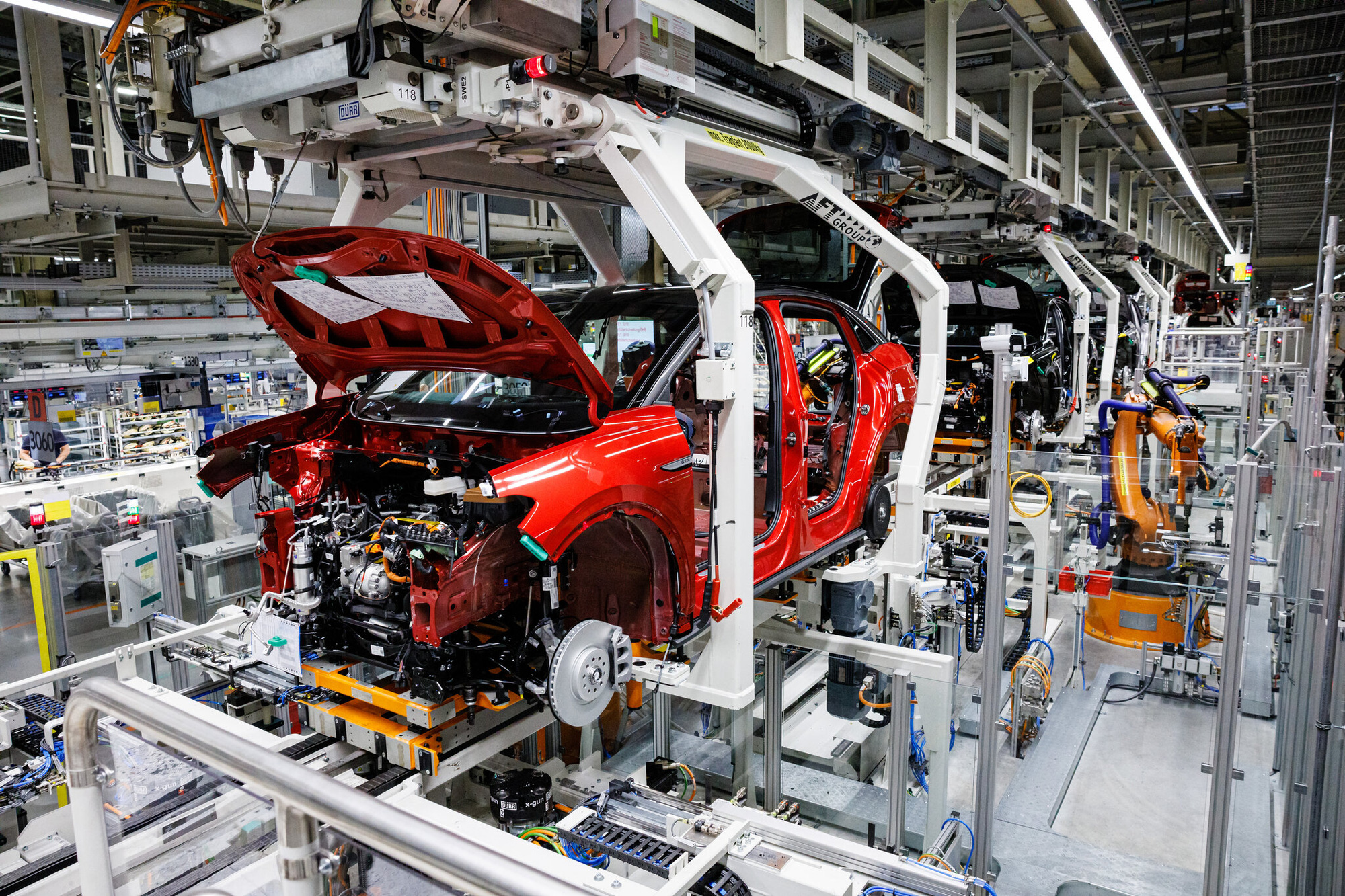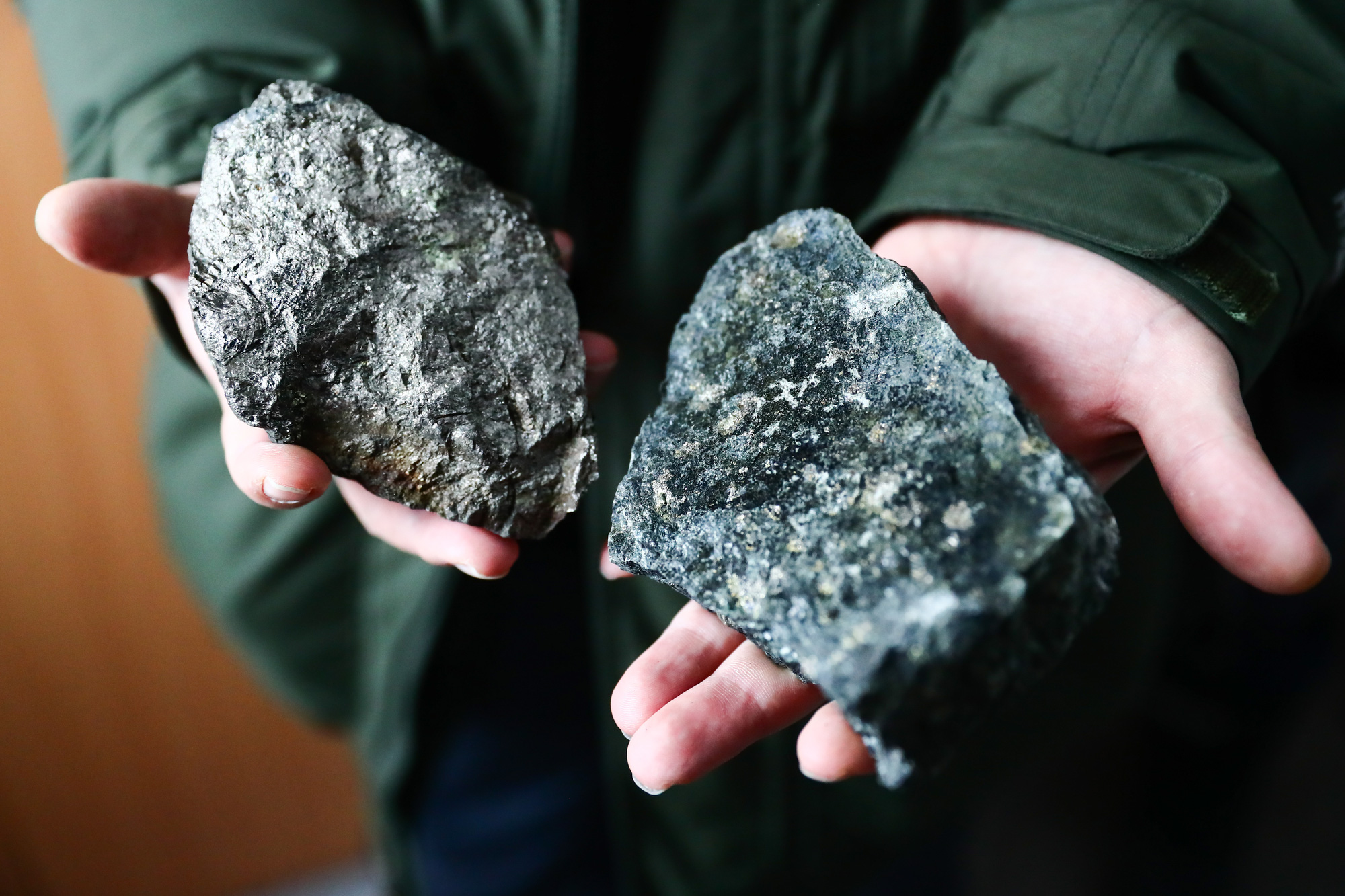Tensions in Russia-Ukraine relations as well as sanctions from the US and its allies against Russia are causing an unpredictable crisis for the global electric vehicle industry, as well as the industry. cars in general.
On the London Metal Exchange today, the price of Nickel has spiked above $100,000 per tonne – more than double the price on Tuesday, after rising 70% from Monday earlier this week. At the end of last year, the price of this metal was only at 20,757 USD/ton, which is 1/5 of the current price.

This terrible price increase is partly due to the sanctions imposed on Russia – the third largest Nickel producer in the world. Although not directly hitting the Russian metal industry, many of these sanctions also caused a sharp drop in Russian factory output. This will immediately affect the electric vehicle battery industry, which is heavily dependent on the metal.
According to estimates by Morgan Stanley, the strong price increase of Nickel could increase the input cost of each electric vehicle by another $1,000. More importantly, this comes when since the beginning of this year, the total cost of batteries for electric vehicles has doubled compared to the end of last year.
With input costs rising to $1,000, the final cost of each electric vehicle to consumers could add thousands of dollars more if manufacturers can’t afford the increase.
According to Daniel Clarke, an analyst at Global Data, this price increase will have a great long-term impact on the entire electric vehicle manufacturing industry, both in terms of costs, sales as well as output. “Electric vehicle manufacturers will have to choose to either absorb the metal cost of that increased electric vehicle battery or push it towards the consumer..”

Nickel is extracted from ore at the Zapolyarny mine of Norilsk Nickel, Russia.
Nickel allows electric vehicle batteries to hold more energy and helps electric vehicle manufacturers reduce their use of Cobalt, which is more expensive and often involves the use of illegal labor to mine it in the supply chain. . In addition, Nickel is also an indispensable ingredient for stainless steels, which are essential for cars and many other products.
That’s not to mention the range of other components in each car that are also increasing in price from the current tension in the Russian-Ukrainian relationship. The price of Palladium, used as a catalyst in converters, is up 80% year-to-date. Currently, Russia contributes to 42% of global exports for this metal.
Last year, Tesla CEO Elon Musk tweeted that Nickel was his company’s biggest concern at the moment when it wanted to expand production of Lithium-Ion batteries. So, a sharp increase in the price of Nickel at the moment could slow down the transition to electric vehicles.
An alternative source of Nickel could come from Indonesia, but it is of poorer quality, and refining it into a type usable in electric vehicle batteries becomes more difficult.
Another solution that Morgan Stanley mentioned is to use Lithium-Ion Phosphate batteries, which do not use Nickel. However, the disadvantage of this type of battery is that it is less energy efficient than using Nickel, so it will have a shorter operating range.
Refer to Yahoo Finance
